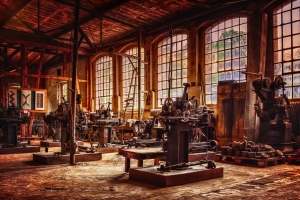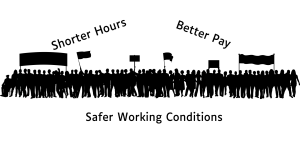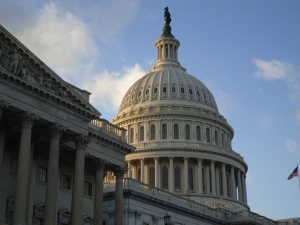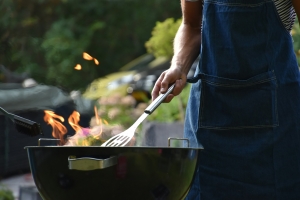Labor Day – Recognizing Workers
Labor Day always seemed like a weird holiday to me. It seemed like one last long summer weekend thrown into the beginning of the school year. I often wondered if this “break” was supposed to tide everyone over until the next big holiday. It never seemed as important as other holidays that celebrated a specific person or event in our country’s history.
So, why do we celebrate Labor Day?
A Brief History of Labor Day
US Struggles with the Effects of the Industrial Revolution
Labor Day grew out of the struggles of the labor movement in the late 19th century. The United States, like the rest of the world, was coming to terms with the effects of the Industrial Revolution. Machines that could make goods faster and cheaper than people could by hand were seen as an overall improvement to life. However, what was happening to workers in the factory system was not.
As countries shifted their focus to manufacturing, the workforce moved from farming communities to meet it. Men, women, and even children worked long hours, often in unsafe conditions, for low pay. For many, this was a crushing cycle of poverty with little relief.
Labor Unions Form to Advocate for Better Working Conditions
From the mid-1800s on, people began banding together to advocate for better working conditions for factory workers and others. In the United States, these groups became known as unions. Labor unions pushed for things like shorter hours, better pay, and safer working environments.
Violent Strikes and Peaceful Parades
Sometimes this “pushing” ended in violence and people were killed, like in the Haymarket Riot of 1886 or the Pullman Railway Car Strike of 1894. Others were the beginning of longstanding traditions, like the time in 1882 when 10,000 workers took unpaid time off to march from City Hall to Union Square in New York City. This became the first “Labor Day” parade ever held in the United States.
Labor Day Becomes a National Holiday
In the immediate aftermath of the violent Pullman Railway Car Strike, the government passed an act that made Labor Day a national holiday. At this point, many states had already passed their own “Labor Day” acts, but this was the first official federal holiday by that name.
The Holiday Evolves
Originally celebrated with parades and demonstrations in support and celebration of workers, the holiday has evolved. Today we have fewer parades, but more parties and events. We have fewer people marching and demonstrating to celebrate, but more people enjoying their time off with last-minute getaways or barbecues.
Labor Day – Remembering and Recognizing Workers
While we are enjoying our time off, whether relaxing, hosting a party, or attending a barbecue, we can take time to remember the history of this holiday. We can recognize that the workers who fought so hard for better working conditions were not so different from us today.
They worked hard and wanted to make a good life for themselves and their families. They also wanted to enjoy the benefits of their work. These are things I think we can all identify with. So, this year, however we celebrate, let’s remember the contributions of workers, which is what this holiday is all about. The workers whose efforts made our working conditions better and those who make the world better by just getting up every day and doing their job!
Happy Labor Day!
From your Twin Feathers Team
Labor Day – Recognizing Workers
By JD Buss








